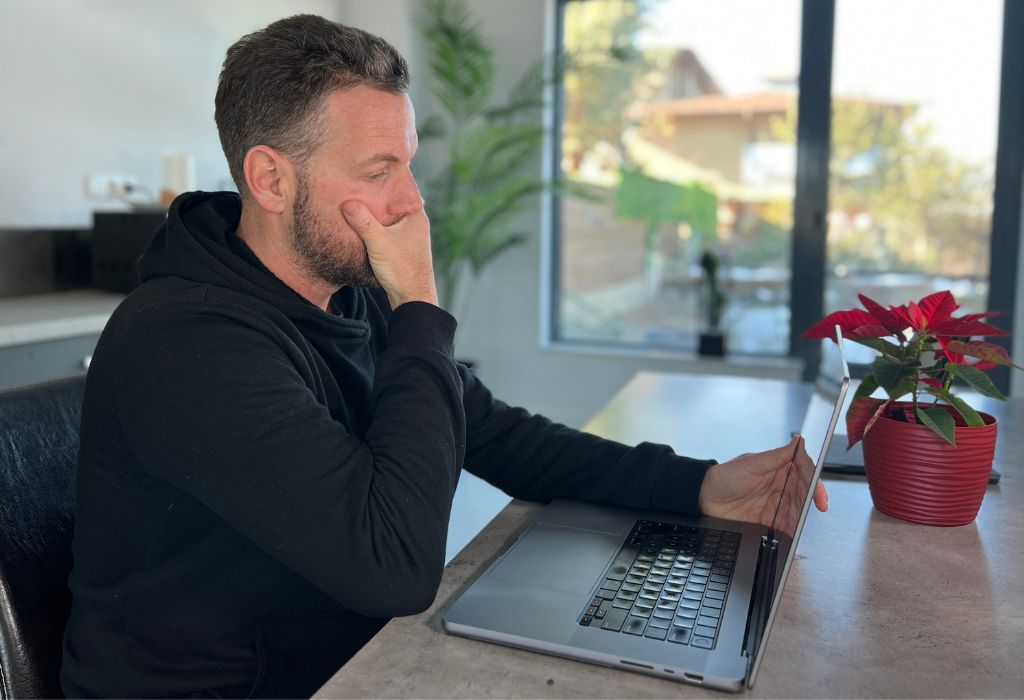Digital marketing demands everything – constant adaptation, relentless creativity, and a resilience that often feels unsustainable. It’s a field where personal worth can become dangerously intertwined with professional success, leaving many feeling perpetually strained. You’ve likely heard the standard advice: take breaks, walk more, limit social media. But the truth is, the pressures run deeper than simple fixes.
Your mental health isn’t a trend or an optional extra; it’s the bedrock of your success and well-being as a digital marketer. The industry’s unique challenges – job instability, information overload, emotional labor, a lack of validation, and the constant blurring of work-life boundaries – create a breeding ground for burnout. These factors, combined with imposter syndrome and self-imposed expectations, can be deeply detrimental.
But a strong mental state isn’t just about avoiding breakdown; it’s about unlocking your full potential. Confidence, creativity, and adaptability – these are the qualities that thrive in the ever-shifting landscape of digital marketing. Prioritizing your mental health isn’t a distraction from high KPIs; it’s the foundation upon which they’re built.

Mindfulness isn’t about achieving a meditative trance; it’s about fully engaging with the present moment. Even the creative “flow state” marketers crave is a form of mindfulness, but one that can’t be consistently relied upon. The true power of mindfulness lies in disrupting the automatic thoughts and behaviors that fuel anxiety and overwhelm.
Start small. Devote a few minutes to simply focusing on your breath. Pay attention to the sensations of everyday tasks – the warmth of the shower, the sound of the water. Or explore gentle guided exercises. The goal isn’t perfection, but a conscious effort to break free from mental clutter.
Happiness isn’t a luxury; it’s a necessity. It’s easy to lose sight of this when deadlines loom and projects pile up. Digital marketing can be incredibly rewarding, offering a blend of analytical, technical, and creative challenges. But everyone experiences periods where passion fades, often due to accumulated stress and overwhelm. This isn’t a sign of failure, but a signal to reconnect with what truly brings you joy.

Journaling can be a powerful tool for self-discovery. By observing your daily experiences and reactions, you can uncover patterns and identify activities that genuinely uplift you. It’s a journey of understanding what makes *you* happy, not what you *should* enjoy.
Sleep is non-negotiable, especially for those whose brains are constantly engaged. Unlike other needs, sleep can’t be “caught up” on. A single night of insufficient rest can’t be compensated for with caffeine or willpower. Prioritize sleep as a fundamental requirement for optimal performance and well-being.
Break down sleep improvement into manageable daily goals: no gadgets before bed, fresh air in the room, a calming drink, “do not disturb” mode on your phone, and white noise to aid relaxation. Small, consistent changes can yield significant results.

“Me-time” isn’t selfish; it’s essential. Even introverts benefit from dedicated solitude to reset and reflect. The key is quality – ensuring this time is truly restorative and free from the noise and demands of daily life. If solitude feels lonely, explore those feelings with a mental health professional.
Affirmations can be surprisingly powerful. When you repeat positive statements, truly believe in them. Visualize the relaxation, the emotions, the sense of peace. Remind yourself that rest isn’t earned; it’s a fundamental right.
Digital marketing can be surprisingly isolating, despite the constant connectivity. Quick meetings and task-focused conversations don’t replace genuine human connection. We are social creatures, wired for belonging and interaction. Nurture your relationships and prioritize meaningful dialogue.

Physical touch – hugs, handshakes, even a reassuring pat on the shoulder – releases feel-good hormones like oxytocin, promoting feelings of calm and safety. When consensual and welcome, touch can be a powerful antidote to stress and isolation.
Take a moment to reflect on how far you’ve come. A year ago, you were different – less experienced, perhaps facing different challenges. Acknowledge your growth, your resilience, and your commitment to improvement. Gratitude shifts your focus from what’s lacking to what you already possess.
Start small with gratitude journaling. Note a delicious meal, a captivating book, or a simple moment of joy. Expand your gratitude beyond work achievements to encompass your life as a whole. This practice trains your mind to recognize and appreciate the good in your life.
We live in a hyper-connected world, and digital marketers are often at the epicenter. Consciously reduce your digital intake, especially in your personal time. Be mindful of the curated lifestyles you’re exposed to and the potential for FOMO. Curate your feed to prioritize mental well-being over superficial comparisons.
While mindfulness, yoga, and walking are helpful coping mechanisms, they don’t address the root causes of stress. Identify and eliminate stressors whenever possible. If a news source or a colleague consistently drains your energy, limit your exposure. Don’t fear setting boundaries.
Stepping outside your comfort zone can be daunting, but it’s often where growth and happiness reside. You don’t need grand gestures; small, consistent changes can make a significant difference. Try a new hobby, take a class outside your field, or simply explore a nearby city without a plan.
Taking care of your mental health is often met with skepticism or dismissal. Some believe it’s a marketing ploy, others that it’s only for those with diagnosed disorders. These are outdated notions. Modern life, and the demands of digital services in particular, create unique pressures that require proactive attention. Prioritize your mental well-being, whether through therapy, mindfulness, or simply taking time for yourself.
Just as you’d seek compassion and rest after a physical injury, you deserve the same understanding and care when you’re mentally and emotionally exhausted. Start with self-compassion. Recognize your worth, acknowledge your struggles, and prioritize your well-being. You deserve it.





